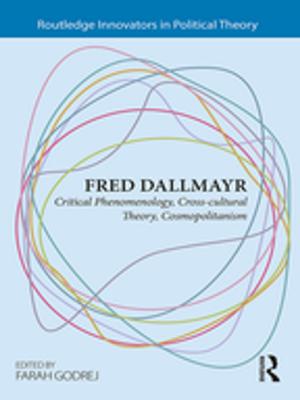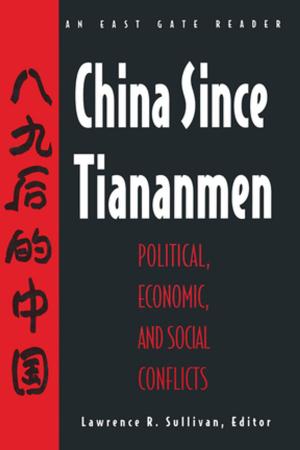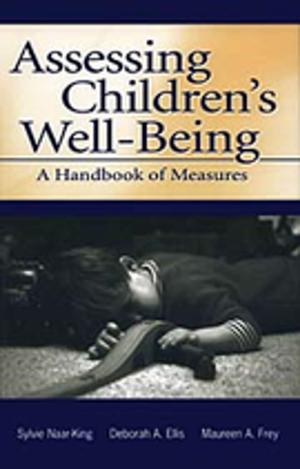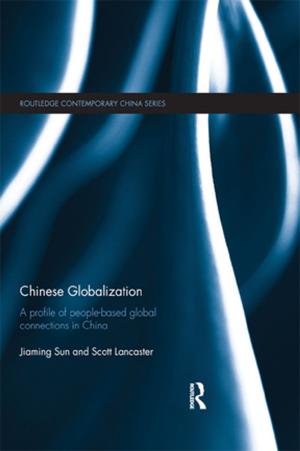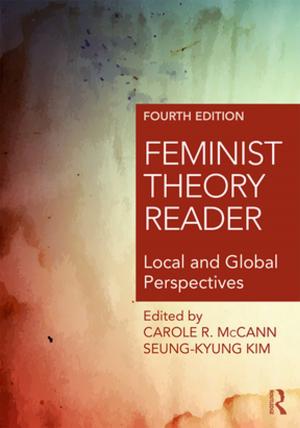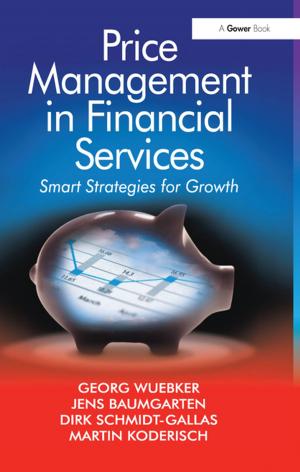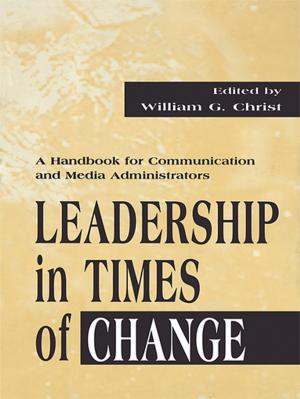| Author: | Jan Otto Andersson, Ralf Eriksson | ISBN: | 9781135154325 |
| Publisher: | Taylor and Francis | Publication: | April 5, 2010 |
| Imprint: | Routledge | Language: | English |
| Author: | Jan Otto Andersson, Ralf Eriksson |
| ISBN: | 9781135154325 |
| Publisher: | Taylor and Francis |
| Publication: | April 5, 2010 |
| Imprint: | Routledge |
| Language: | English |
Elements of Ecological Economics provides a comprehensive introduction to the field of ecological economics, an interdisciplinary project trying to give answers to the problems related to the overexploitation of the earth’s resources today. These include the problems of global warming (the greenhouse effect) and the overuse of the seas (e.g. overfishing). The book also gives an exposition of the closely related problems of global welfare and justice.
The book covers topics including:
- the general policy perspective required by sustainability
- economic growth in a historical perspective
- sustainability conceptions and measurement within ecological economics
- economics and ethics of climate change
- global food security
- the state of the seas on earth and locally (the Baltic Sea).
As an introductory-level text the book will be useful to undergraduate students taking basic courses in economics and related fields, and will be comprehensible to anyone interested in environmental problems. Through the separate chapters on the problems of climate change, sustainable food production, and the overuse of the seas, the reader will easily see the practical relevance to the theoretical concepts presented and used in the book.
Elements of Ecological Economics provides a comprehensive introduction to the field of ecological economics, an interdisciplinary project trying to give answers to the problems related to the overexploitation of the earth’s resources today. These include the problems of global warming (the greenhouse effect) and the overuse of the seas (e.g. overfishing). The book also gives an exposition of the closely related problems of global welfare and justice.
The book covers topics including:
- the general policy perspective required by sustainability
- economic growth in a historical perspective
- sustainability conceptions and measurement within ecological economics
- economics and ethics of climate change
- global food security
- the state of the seas on earth and locally (the Baltic Sea).
As an introductory-level text the book will be useful to undergraduate students taking basic courses in economics and related fields, and will be comprehensible to anyone interested in environmental problems. Through the separate chapters on the problems of climate change, sustainable food production, and the overuse of the seas, the reader will easily see the practical relevance to the theoretical concepts presented and used in the book.




